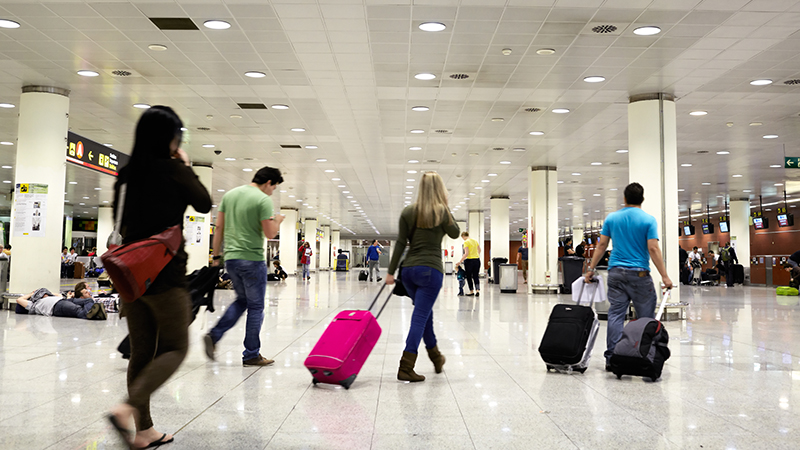India-Canada ties are hitting new lows. In fact, the relationship is nose-diving unless the governments clear the air, literally, of suspicion and mistrust. To add to the frayed relationship is a threat issued by a Khalistani separatist who has warned passengers not to fly Air India.
A video was posted by Khalistani separatist Gurpatwant Singh Pannun on November 7 in which he warned Sikhs against flying Air India after November 19. Pannun is the founder of the banned Sikhs for Justice (SFJ) and he has often issued such threats which have been largely ignored by governments and the masses. There are many in India who do not take him seriously but his Air India threat seems to have rattled both the Indian and Canadian authorities.
November 19 is the birth anniversary of the former Indian Prime Minister Indira Gandhi who ordered the Blue Star Operation and was later assassinated by her Sikh bodyguards. Her death led to the genocide of Sikhs in Delhi in 1984 and it has always been alleged that the Congress party and its leaders were largely responsible for the mass killings. It doesn’t help matters that justice remains largely elusive for the victims of the 1984 riots. This, in the present context, is also where self-styled leaders like Pannun derive their legitimacy from.
The failure of the Indian justice system has led many to believe that this is a failure of the Indian state as a whole, and that is intertwined with the politics of the Indian diaspora, particularly those in Canada, who moved there in large numbers after the events of 1984. This context is very important to understand as it helps explain the politics of the Sikh diaspora. Again, it must be noted that the calls for Khalistan, a separate homeland for the Sikhs, which peaked in India in the 80s today has very few takers in India. But this demand has been kept burning by the Sikh diaspora, especially in Canada where they have become a potent political force.
In response to Pannun’s threats, the Canadian Transportation Minister Pablo Rodriguez said, “We take every threat seriously, especially when it concerns airlines.” India said it has raised the matter with Canadian authorities and that it would continue “to press these governments to deny space to such extremist elements”. The Indian Foreign Secretary said this threat “presents serious security concerns”. The final of the cricket world cup will also be played in India on November 19 and concerns are heightened in the Indian security establishment.
The question that then arises is how seriously should people take Pannun’s threats to not fly Air India after November 19. Pannun is often derided on social media as being more of a joker than a serious political commentator. But that in no way seems to have affected the seriousness with which both Indian and Canadian authorities are taking his message.
Perhaps the security threat also emanates partially from history. No one has forgotten the tragic bombing of Air India flight 182, the Kanishka, by Khalistani terrorists on June 23, 1985. A bomb on the flight killed 329 people. And the painful memory is still very much alive in the Indian collective memory. Also, a travel advisory issued by the British government recently said that Canada was “very likely” to fall victim to terrorist attacks doesn’t inspire much confidence either.
These threats shake one’s confidence in air travel, or in this case, specifically on Air India. It is also reliably learnt that till November 30, additional security checks have been put in place for passengers flying Air India from Indira Gandhi International Airport, New Delhi, and also from Punjab. In essence, Pannun and other extremists can be derided on social media but no threat should be ignored by security agencies.
Finally, unless India and Canada resolve their issues diplomatically and deal with all extremists under the law, threats like these will affect people’s sense of safety and security when they board flights. Commercially, Air India stands to lose with fewer flyers making it their airline of choice. – The writer is the Executive Editor of NRI Focus.


Leave a Reply